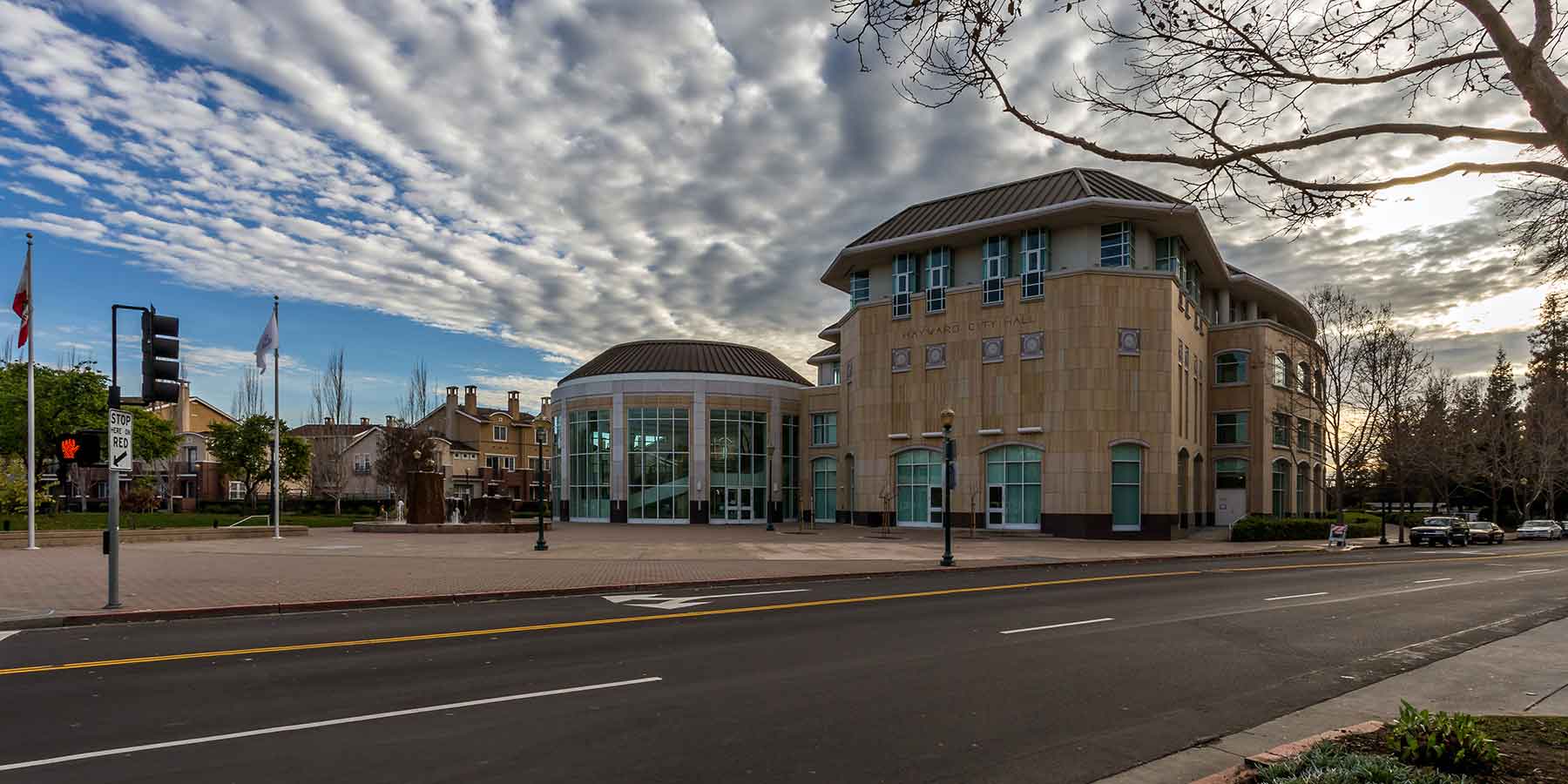Hayward City Council votes to immediately enact just-cause eviction protections for tenants of all types of rental housing
HAYWARD, Calif., March 6, 2019—The Hayward City Council voted Tuesday to enact new legislation to immediately provide just-cause eviction protections to tenants of all types of rental housing in the city.
The unanimous 7-0 Council vote had the effect of extending to an estimated total of 22,237 units eviction protections previously applied to a more limited number of rental homes—approximately 14,900 units constructed prior to passage of the City’s 1979 Residential Rent Stabilization Ordinance (RRSO).
The new legislation was approved as an urgency ordinance to take immediate effect and was approved against a regional and local backdrop of rising housing prices, severe housing instability for the City’s most vulnerable populations, displacement of existing residents of all incomes and increasing homelessness.
At its Feb. 26, the Council asked that the just-cause eviction legislation be brought forward for consideration on an urgent basis out of concern that some landlords may try to evict tenants before planned changes in the City’s 1979 RRSO.
Among the changes to the RRSO scheduled to come before the Council later this year is an amendment giving tenants the right to a system of mandatory mediation and potential binding arbitration when landlords seek to raise rent by greater than five percent over a 12-month period.
The right to mediation and arbitration for rent increases in excess of five percent would apply only to units constructed before July 1, 1979, when the City’s RRSO took effect, and would exempt single-family homes, as is required by state law.
Under the just-cause eviction legislation approved on Tuesday, landlords must notify current tenants of their just-cause eviction rights within 30 days of enactment of the ordinance, or Friday, April 5. They also must notify all future tenants prior to the commencement of tenancy.
Under the ordinance, landlords retain the ability to evict tenants for failure to pay rent, violation of other terms of a lease, and for other reasons provided for under law. Such other allowable reasons include:
- The tenant has substantially damaged the property and will not agree to repair or pay for repairs.
- The tenant refused to sign a new lease that is identical to the old one (when the old one expires).
- The tenant has continued to bother other tenants and neighbors after being told to stop.
- The tenant will not let the landlord into the building, even with written notice.
- The landlord wants to perform repairs to the unit to meet the City’s building standards that cannot be completed with the tenant living there. Once work is complete, the tenant must be offered the unit first.
- The landlord wants to demolish the unit.
- The landlord wants to move into the unit or wants to allow certain family members to move in. This is not allowed if there is a similar unit on the property tat is vacant and available.
- The landlord wants to move into the unit and the lease allows this.
- The tenant has used or allowed the use of the unit for the manufacture, sale, distribution, possession, or use of illegal drugs.
- The tenant has continued to break the rule of the property.
- The landlord fires the tenant, and housing was part of the employ’s pay.
- The tenant threatened to kill or hurt any person on the premises. A report must be filed with the Hayward Police Department.
Additionally, under state law, landlords may evict a tenant from a residence in order to sell the property or otherwise permanently get out of the business of renting the home pursuant to certain conditions.
The new just-cause eviction legislation does not apply to hotels and motels, hospitals, transitional housing, skilled nursing facilities and shared housing where the property owner lives in the unit.
Download the full News Release.








